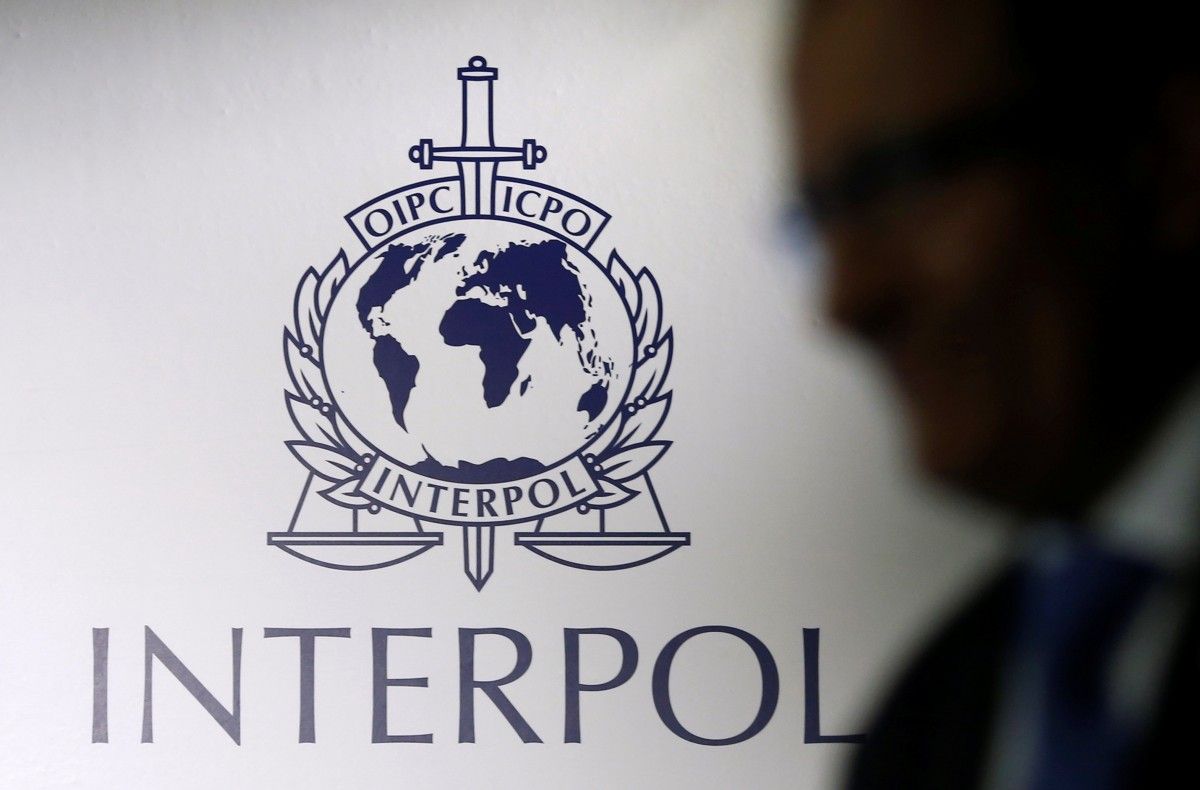
The International Criminal Police Organization, Interpol, refuses to search for figures involved in cases concerning Russia-occupied Crimea.
Chief of the Kyiv-based Prosecutor's Office for the Autonomous Republic of Crimea and the city of Sevastopol Ihor Ponochovny announced this at a press briefing, according to an UNIAN correspondent.
Read alsoZelensky proposes new format of talks on Crimea and Donbas
According to him, Interpol says this contradicts the organization's Constitution.
In particular, Ukraine's Interpol National Central Bureau states that "one of the fundamental principles of the International Criminal Police Organization, Interpol, is the principle of neutrality, which is normatively enshrined in Article 3 of the organization's Constitution and says it is strictly forbidden for the Organization to undertake any intervention or activities of a political, military, religious, or racial character."
That is, Interpol's bodies, regardless of criminal or legal qualifications, consider cases opened by Ukrainian law enforcement agencies related to social and political events in Ukraine in 2013-2014, Russia-occupied parts of Ukraine, the war in Donbas, as those that fall under Article 3 of the Organization's Constitution.
Ponochovny says that although Interpol takes a neutral position on this issue, Ukraine still has the option of bilateral cooperation with other countries to search for the persons involved in the above mentioned cases.
Russian occupation of Crimea
- Russia annexed Ukraine's Crimea in March 2014 after its troops had occupied the peninsula. An illegal referendum was held amid the aggressive takeover on the issue of the peninsula's accession to Russia. De-facto Crimean authorities claimed that 96.77% of the Crimean population had allegedly supported the move.
- On March 18, 2014, the so-called agreement on the accession of Crimea and the city of Sevastopol to the Russian Federation was signed off in the Kremlin.
- Western powers never recognized the Crimea annexation attempt and imposed sanctions on Russia over aggression against Ukraine.
- Ukraine's parliament voted to designate February 20, 2014, as the official date for the start of the temporary occupation of Crimea.
- Since the beginning of the occupation on the peninsula, more than 100 Ukrainians have become "prisoners of the Kremlin."
- After the occupation of Crimea in 2014, Russia has been conducting regular military exercises on the peninsula and in the Black Sea, and also importing military equipment, in particular, air defense systems.
- The General Staff of Ukraine insists the actions of the Russian military in Crimea are illegal.
- In December 2019, the UN General Assembly adopted a resolution calling on Russia to withdraw its troops from Crimea and end the temporary occupation of the territory of Ukraine.

